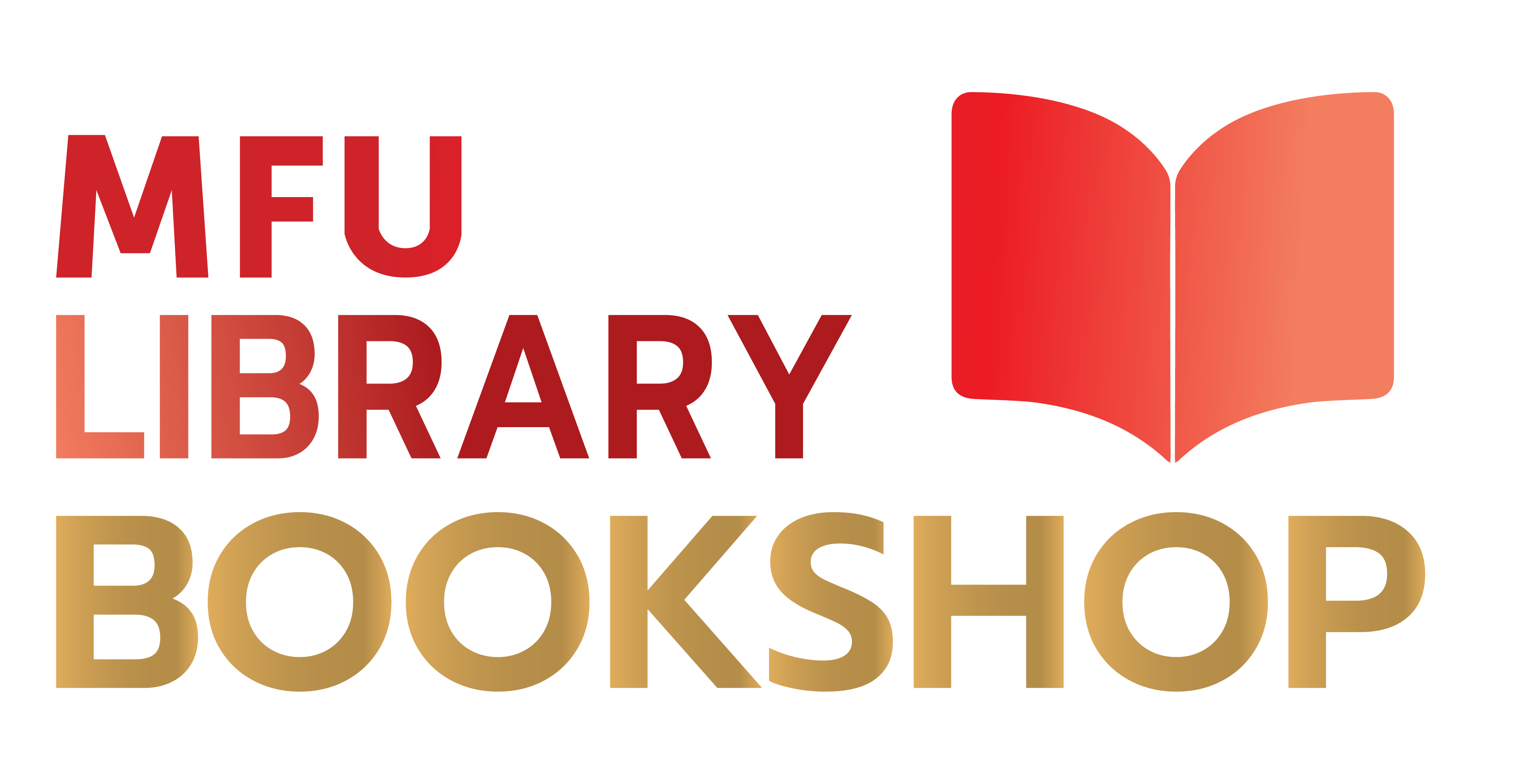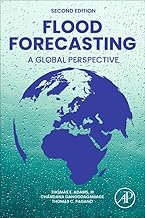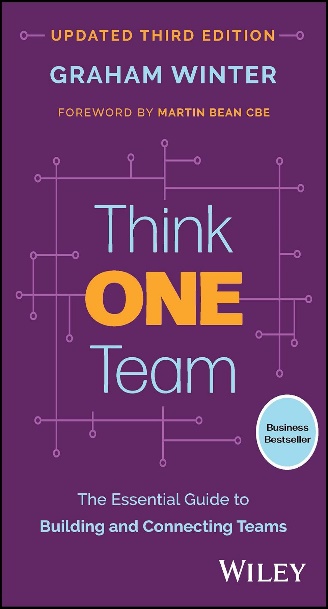
Book
An Integrated Guide to Human Drug Metabolism: From Basic Chemical Transformations to Drug-Drug Interactions
ISBN : 9780323991339
Author : Mark Ashton
Publisher : Academic Press
Year : 2024
Language : English
Type : Book
Description : An Integrated Guide to Human Drug Metabolism: From Basic Chemical Transformations to Drug-Drug Interactions uses the chemistry of each of the metabolic transformations to underpin the discussion of drug interactions with foods, herbal medicines and other drugs. Each of the human metabolic processes are covered, employing examples drawn from known metabolic transformations of drugs used clinically. The clinical relevance of metabolism is discussed, focusing on appropriate prescribing (adverse drug reactions, age-related dosage adjustments, and personalized medicines). Appropriate for use in the classroom or for self-study, An Integrated Guide to Human Drug Metabolism is useful for students and researchers needing a reference for interdisciplinary information on drug interactions._x000D_ Metabolism is at the center of the personalization of medicines, as it is a governing factor in the response of a patient to a drug. For example, does the patient express the genes, and so enzymes, which are responsible for the metabolism of a drug? Do they express the genes responsible for the bioactivation of a prodrug into its active form? Examples of clinically used agents for which metabolic phenotyping is essential are used to highlight the increasing importance of understanding the pharmacogenomic profile of individual patients. This book includes questions and answers to gauge learning of each chapter, real-life case studies, and the basic science as a foundation to inform discussion of the clinical implications of drug metabolism.








